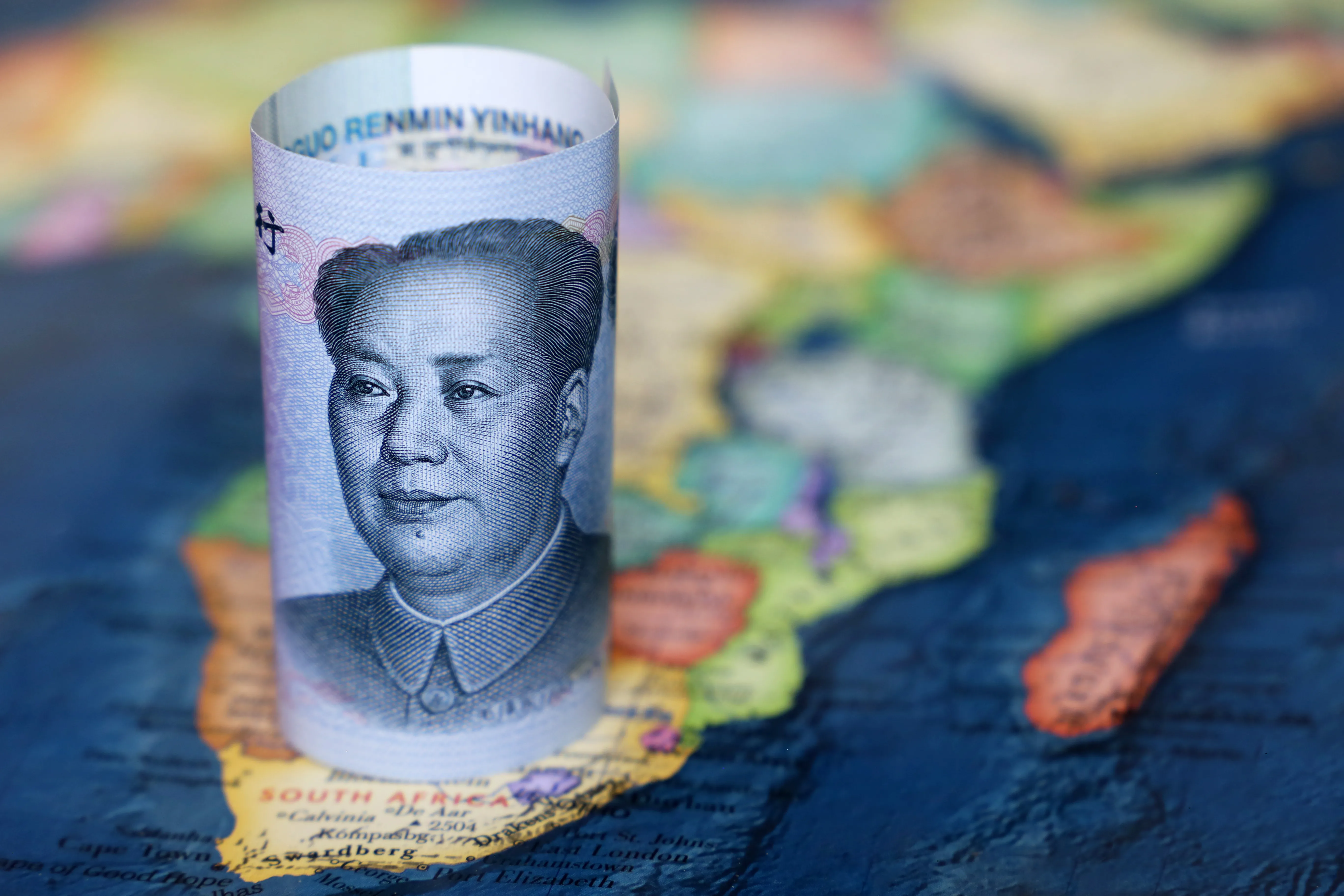January 19 2022 is a day the ambassador of Ethiopia to China, Teshome Toga, is likely to remember for years to come. That day was the day he – and Chinese livestreaming star Austin Li Jiaqi, also known as the “Lipstick King” – helped sell over 11,000 bags of three brands of coffee from his country in one second.
It’s easy to dismiss this as a marketing gimmick promoting Alibaba, one of China’s largest e-commerce platforms. But it is also an example of a serious trend that is worth understanding, particularly because it also has links and implications for Africa’s new continental free trade area.
The 11,000 sales came hot on the heels of the eighth Ministerial Conference of the Forum on China-Africa Cooperation (FOCAC 8), just two months ago in November 2021 in Dakar, Senegal – which one of the authors of this article attended alongside ambassador Toga and others.
While headlines from Bloomberg and the Financial Times focused on major financial commitments made at the conference, among the lengthy speeches and documents released were some significant commitments on trade that were the precursor to the achievement of the ambassador and the Lipstick King, but have not yet been really digested by African businesses and organisations.
New trade commitments
Let us explain. New trade commitments set the framework under which those coffee bags were sold, commitments that ambassador Toga and others worked hard to propose and negotiate, and which we believe will have an impact on African businesses over 2022 and the rest of the new lunar Year of the Tiger.
In headline numbers, the documents included a commitment by China to reach $300bn worth of annual trade with China by 2035. This is not a particularly large step up – given that imports even in 2021 were at $106bn – but it could nevertheless make China Africa’s largest export destination, ahead of the EU, especially because the commitments were backed up with three specific measures.
First, China commited to open “green lanes” for African agricultural exports to China. Second, the country committed to explore recognising “geographical indications” of African products, and third, it even announced specific ideas when it came to e-commerce – saying that online shopping festivals to promote African products and a campaign to market 100 African stores and 1,000 African products would all be created.
As we know from running a market access programme to China for African firms, it’s not just the headline pledges or numbers that matter when it comes to working with China – it’s the specific details.
Three pledges that will boost trade
Streamlining agricultural imports
The “green lanes” mean that certain entry processes can be streamlined to enable products like coffee to be sold into the Chinese market, minimising formal tariffs as well as what are known as “non-tariff barriers” when products cross the border, such as origin certificates and labels which can result in African agricultural products facing long delays at customs or being destroyed.
Indeed, many important African agricultural exports, such as corn, raw cotton, rice, sugar, wheat, wool and wool fibre are actually excluded from duty-free schemes for least developed countries.
Geographical indications
Beyond this, “geographical indications” are a way of preserving and potentially increasing the value of products such as Ethiopian coffee which have special and unique processes that should be recognised as intellectual property in the rest of the world, thereby preserving their value, as is the case for Canadian maple syrup or French champagne.
With this commitment, China has become the first country or region to agree to a process to recognise African intellectual property associated with agricultural products, meaning that 11,000 bags of branded coffee may well be sold for much higher values in future.
Promoting e-commerce
And last but not least, e-commerce is the only way to go in China, a country where 80% of the population are registered with online shopping outlets, and retailers use online platforms for business-to-business transactions, trends that Covid-19 has necessarily accelerated. That means the country’s potential market size is huge and growing. Shanghai already has 7,000 coffee shops – almost double those in New York.
However, when it comes to African products, most Chinese consumers are unaware of what the continent has to offer. That means any subsidies and platforms for African products to be marketed to Chinese consumers – as announced in Dakar – can make a significant difference.
So how does this link to the AfCFTA in 2022, and will the Dakar FOCAC commitments be positive for African trade or not? Could they, for instance, encourage a continued focus by African producers on external sales versus internal trade?
This certainly remains possible, but our view is that there is the potential to do both at the same time. The new Chinese policies, even if some are ostensibly focused on agricultural products, do have the potential for value-added brand entry and therefore create new incentives for regional value chains, especially if African governments and the AfCFTA Secretariat itself engage swiftly with Chinese authorities to ensure this.
In the meantime, we can expect lots more online feats in the headlines. Maybe we’ll see Kenyan and Ethiopian roses being sold into China for its unique Valentine’s Day equivalent on 4 August 2022? Watch this space!
Want to continue reading? Subscribe today.
You've read all your free articles for this month! Subscribe now to enjoy full access to our content.
Digital Monthly
£8.00 / month
Receive full unlimited access to our articles, opinions, podcasts and more.
Digital Yearly
£70.00 / year
Our best value offer - save £26 and gain access to all of our digital content for an entire year!
 Sign in with Google
Sign in with Google 



